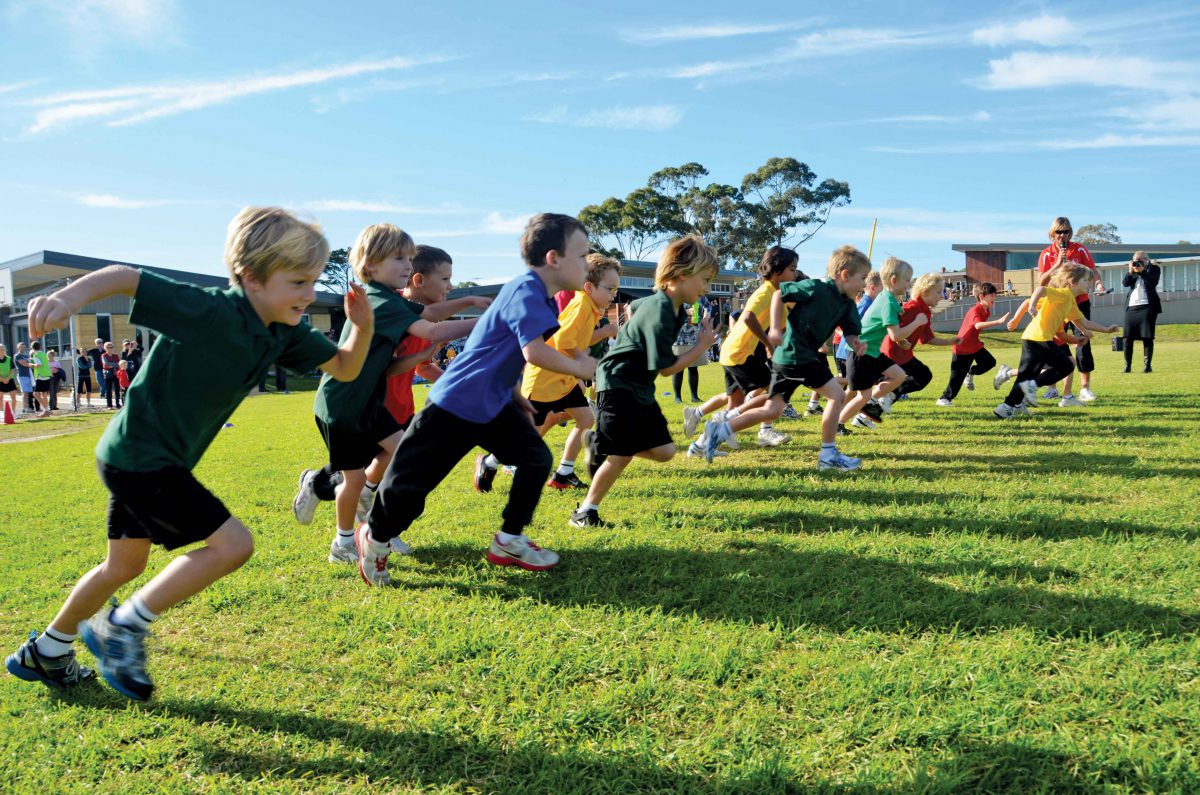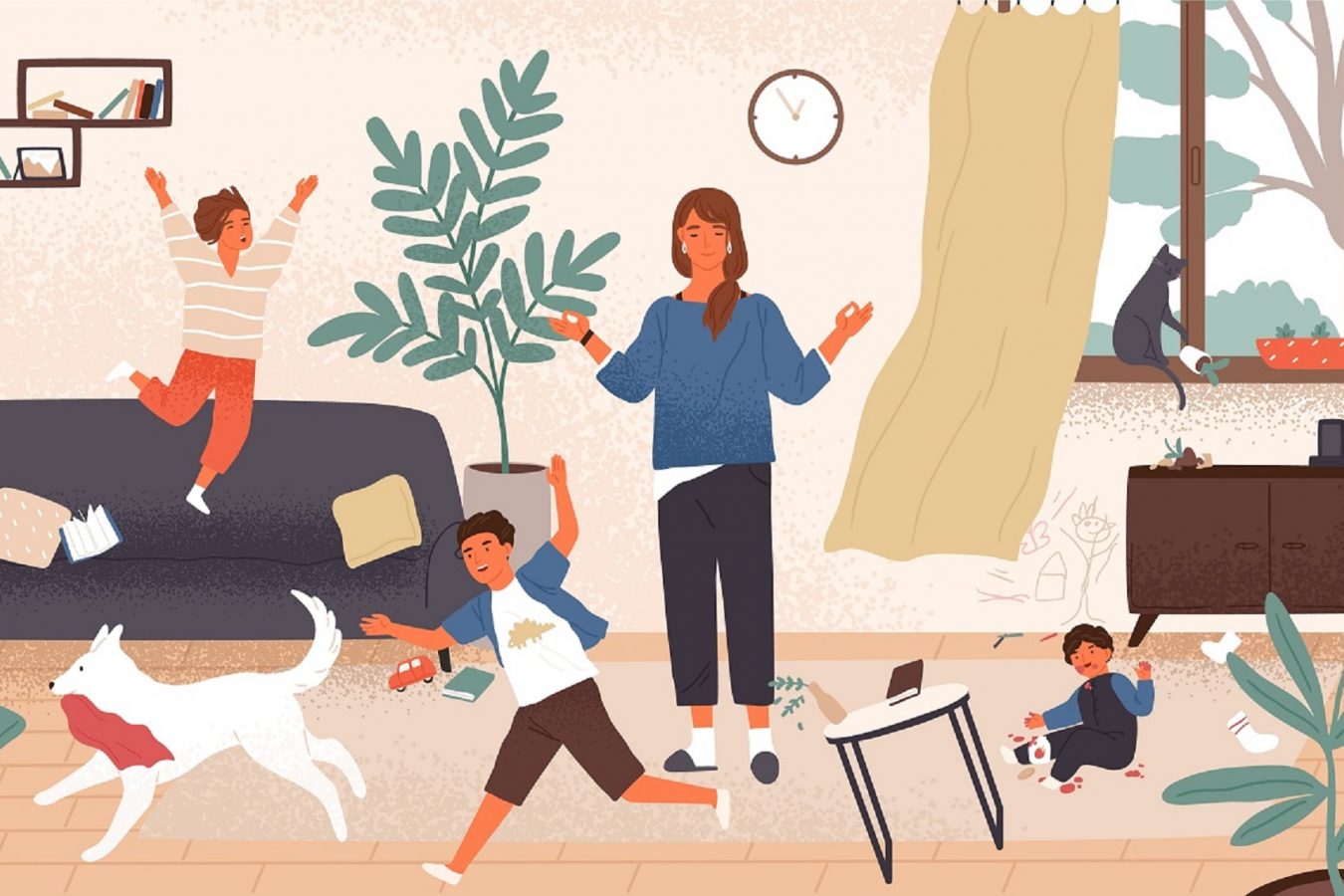
Why parents should say 'no', how social media harms mental health, and encouraging kids to play junior sport.
Our selection of thought-provoking and useful articles from around the web on educating and raising children.

To Raise Better Kids, Say No
(Scott Sonenshein, The New York Times)
‘No’ can sometimes be the hardest word when a parent is confronted with their child’s wishes. So what happens when you say no more often? Good things, writes the author, a professor of management at Rice University. When he started sometimes saying no to his daughters aged 4 and 9, they revolted. ‘They called me a bad father and I got plenty of mean looks,’ he writes. ‘But over time, they realised that fun comes from a no.’
Facebook and Twitter ‘harm young people’s mental health’
(Denis Campbell, The Guardian)
A new survey has found that four of the five most popular forms of social media harm young people’s mental health. Two health organisations surveyed almost 1500 young people in the United Kingdom, and found that Instagram had the most negative impact, concluding that Snapchat, Facebook and Twitter were also harmful. Only YouTube had a positive impact.
How to get your kids into junior sport
(Patrick Wood and Paul Kennedy, ABC)
Want to get your children playing sport? There’s a simple answer for parents: lead by example. The Australian Sports Commission has released research that shows that children whose parents are involved around a sporting club are almost twice as likely to play than children whose parents aren’t involved. And that involvement can be anything from coaching to cutting up the half time oranges.
Here’s how witnessing violence harm’s children’s mental health
(Daniel J. Flannery and Mark I. Singer, The Conversation)
In the wake of the bombing at the Ariana Grande concert in Manchester and its coverage in the media, there has been renewed discussion about the impact of children being exposed to violent events. The article reports a steady increase in levels of children’s exposure to violence and its damaging effect on their mental health. It also offers advice for parents on how to support children in these troubling times, and emphasises the important role they play.
Like this post? Please share using the buttons on this page.
Read the full article

